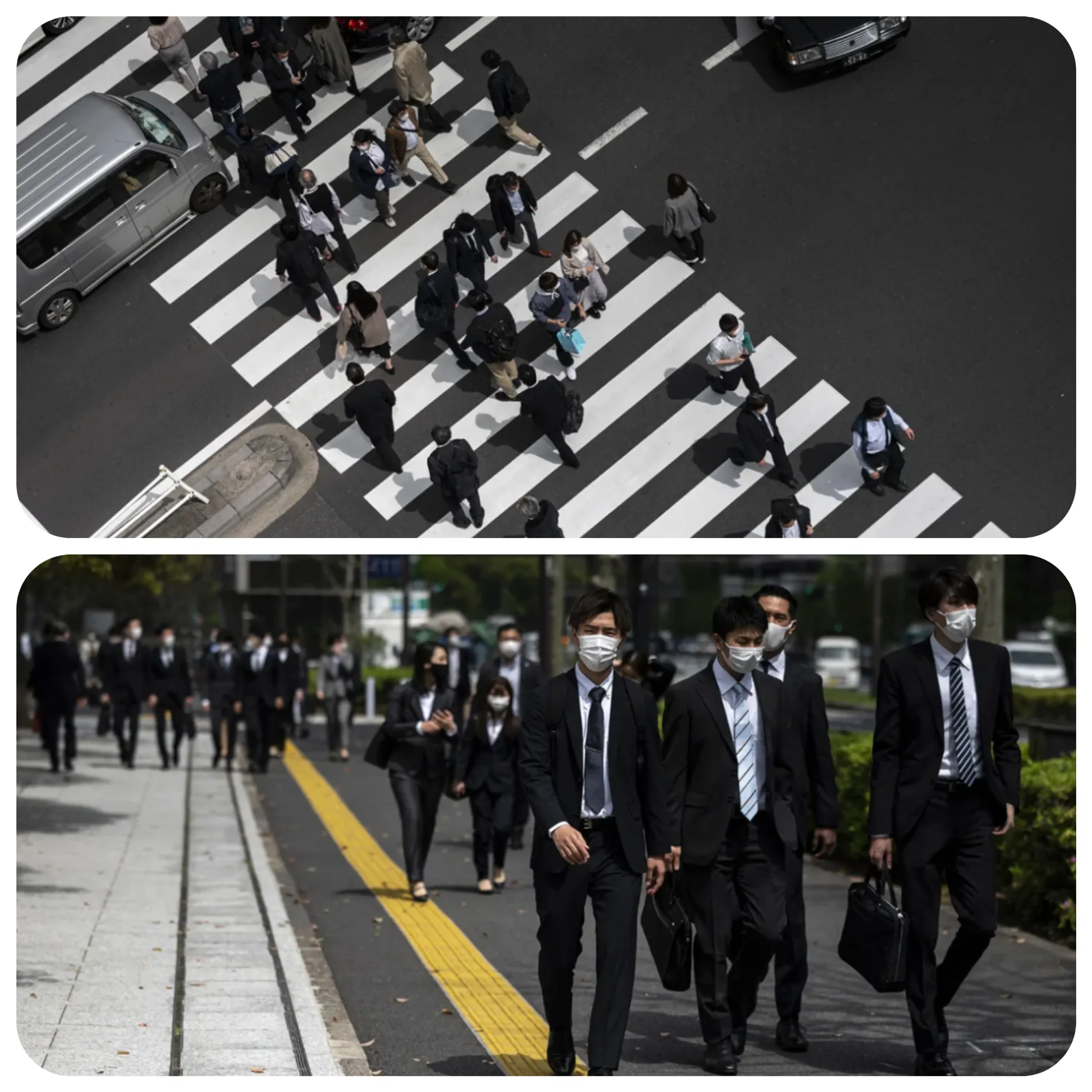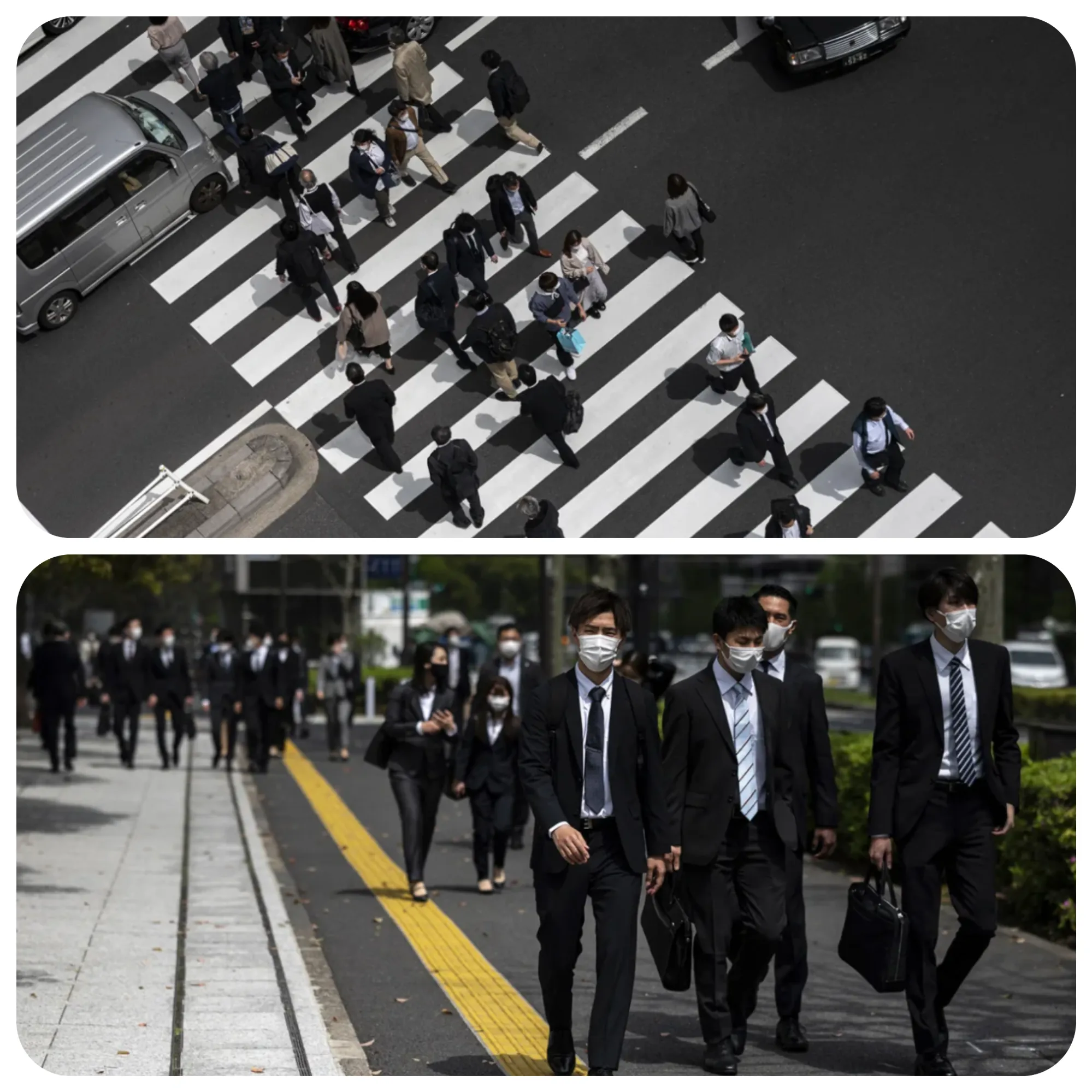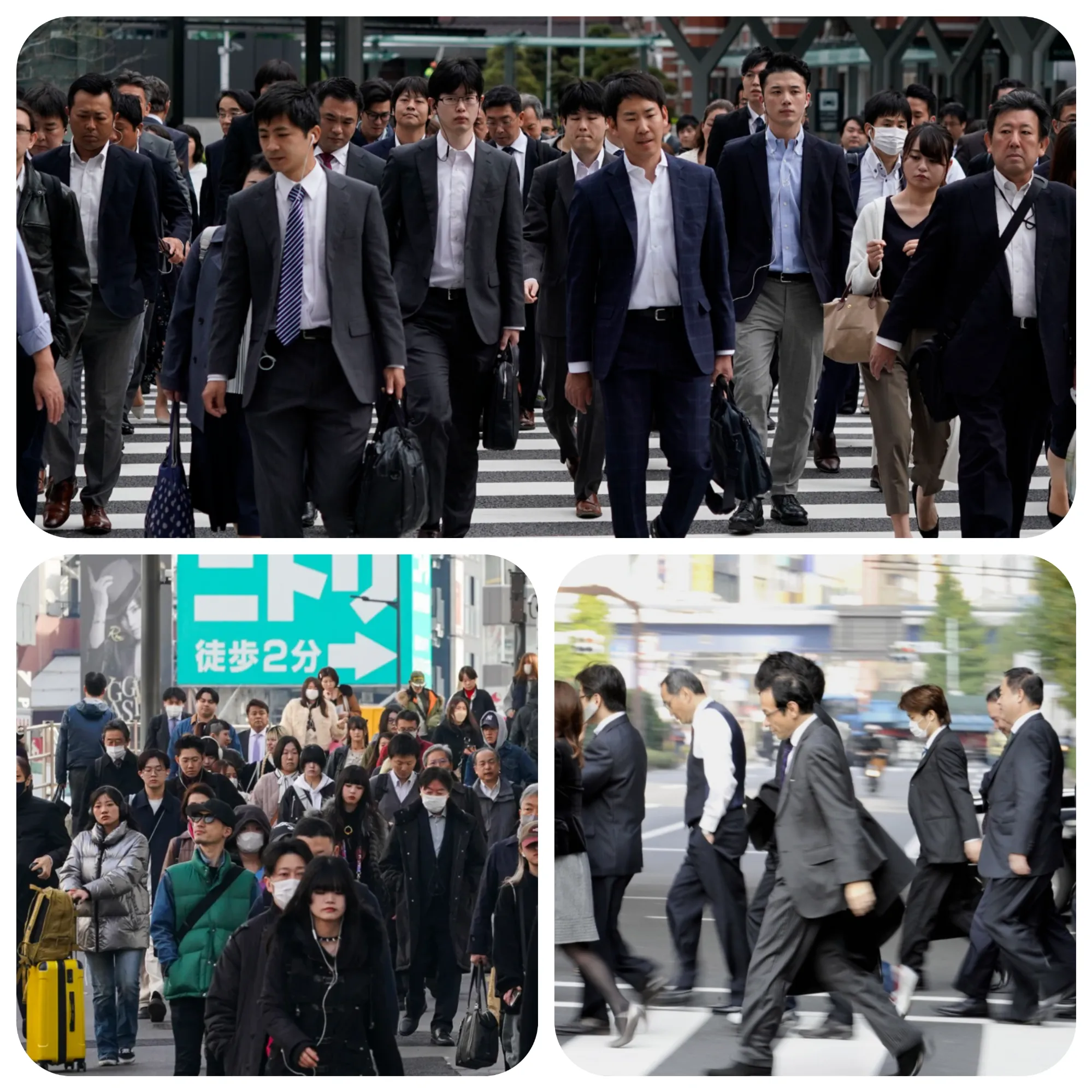
Japan’s Overworked Employees Seek Help from Resignation Experts

In Japan, quitting a job is far from a simple task. Yuki Watanabe, a former employee in some of Japan’s largest telecom and e-payment companies, used to spend grueling 12-hour workdays. Despite suffering from health issues, she hesitated to resign due to Japan’s rigid work culture. Watanabe’s story is not unique in a country where asking for time off or leaving on time can be seen as disrespectful, and resigning is almost an unthinkable act.
Japan’s workplace culture is deeply hierarchical, often leading to extreme cases where bosses tear up resignation letters or harass employees into staying. Watanabe, fearing repercussions, found herself unable to resign on her own. Like many others in her position, she turned to a resignation agency, a growing industry in Japan where employees hire professionals to quit their jobs for them.
Momuri, one of these agencies, has seen a significant rise in demand. Launched in 2022 in Tokyo’s busy Minato district, Momuri caters to employees who feel trapped in their jobs. The agency charges around 22,000 yen (approximately $150) to handle resignations, negotiate with employers, and even provide legal recommendations if necessary. The firm has received up to 11,000 inquiries in the past year alone, highlighting the widespread need for such services.
The rise of resignation agencies can be linked to a shift in Japan’s youth work culture. Unlike older generations who valued lifetime employment, younger workers are less willing to endure unsatisfactory work conditions. However, they often avoid direct confrontations with their employers, opting instead for third-party intervention.

Japan’s notorious overwork culture, where employees face punishing hours and high pressure, has led to a phenomenon known as “karoshi,” or “death by overwork.” Despite government efforts to publish lists of unethical employers, the problem persists. The Ministry of Health, Labour and Welfare reported 54 deaths from work-induced conditions in 2022, a decrease from previous years, but claims related to mental stress are rising.
Resignation agencies like Momuri provide a lifeline for workers in desperate situations. While experts like Hiroshi Ono from Hitotsubashi University Business School suggest that open communication with employers is preferable, the demand for these services reflects the harsh reality many workers face. Momuri’s operations manager, Shiori Kawamata, acknowledges that while their service shouldn’t be necessary, the current workplace culture in Japan makes it indispensable.
As Japan grapples with a labor shortage and an aging population, the changing attitudes of younger workers are reshaping the job market. Although resignation agencies are a symptom of deeper issues within Japan’s work culture, they also represent a growing movement toward employee empowerment and the right to leave a toxic job environment.
In conclusion, resignation agencies like Momuri have become a vital resource for Japanese workers who find it nearly impossible to quit their jobs on their own. While these services highlight the need for change in Japan’s work culture, they also offer a much-needed solution for those stuck in unbearable situations. As younger generations continue to challenge traditional work norms, the demand for such agencies may continue to grow, signaling a shift toward a more balanced work-life culture in Japan.






